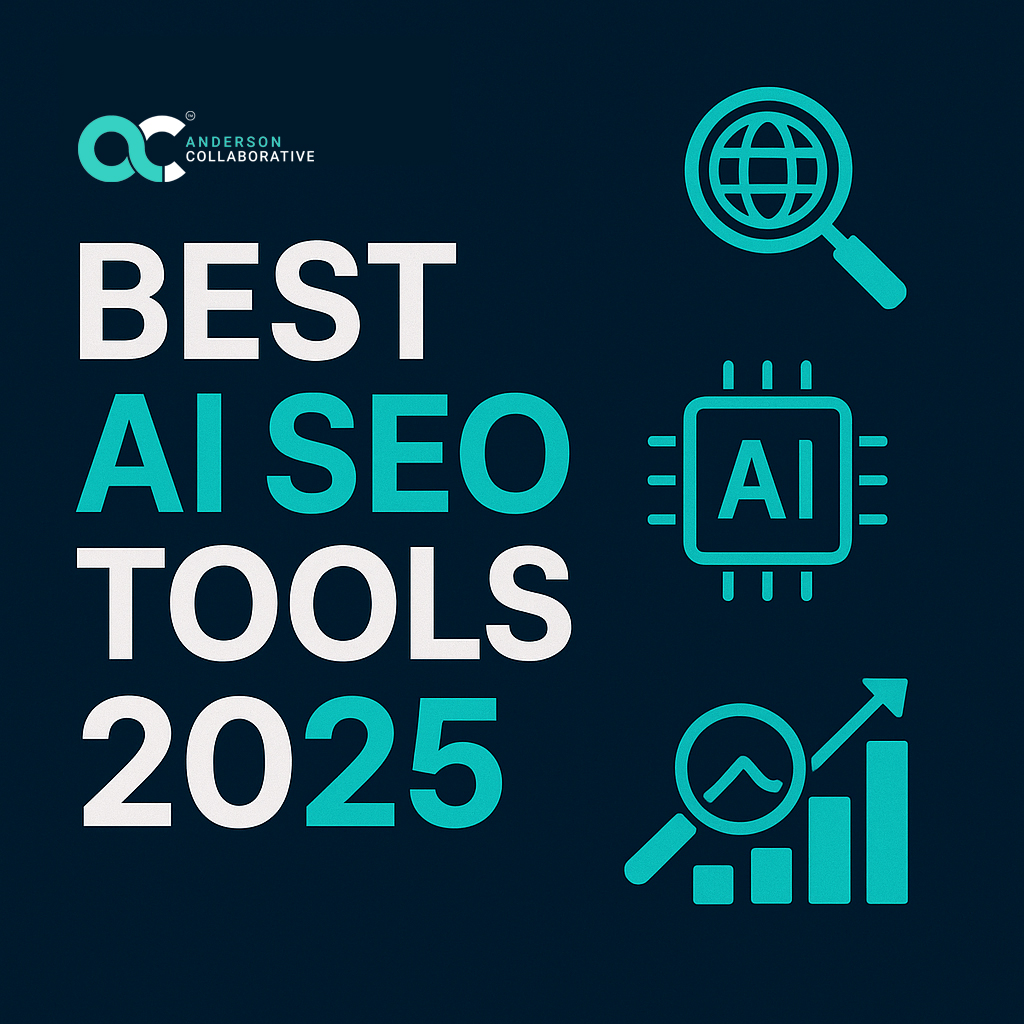In the vast digital landscape, visibility is the key to success. With millions of websites vying for attention, how does one ensure that their site stands out and attracts organic traffic? The answer lies in effective Search Engine Optimization (SEO). Anderson Collaborative, with its deep-rooted expertise in digital marketing, understands the intricacies of SEO and the strategies that can propel a website to the top of search engine results. In this comprehensive guide, we’ll delve into the best practices that can help your website rank higher and attract a steady stream of organic traffic.
Understanding the Basics of SEO
At its core, SEO is about optimizing a website to make it more visible to search engines, thereby improving its rank in search results. This involves a combination of on-page and off-page strategies, technical tweaks, and content optimization. But why is ranking high on search engines so crucial? Simply put, higher rankings translate to more visibility, increased organic traffic, and, ultimately, higher conversion rates. With the majority of users rarely venturing beyond the first page of search results, ensuring a top spot is paramount for digital success.
On-Page SEO: Crafting Content that Resonates
Keyword Research: The Foundation of SEO
Before diving into content creation, it’s essential to understand what your target audience is searching for. Keyword research involves identifying terms and phrases that potential customers might use to find products or services similar to yours. Tools like Google’s Keyword Planner or SEMrush can offer insights into search volumes and competition levels for various keywords. Once identified, these keywords should be naturally integrated into your content, ensuring it remains relevant and valuable to readers.
Meta Tags and Descriptions: The First Impression
Meta tags, particularly the title tag and meta description, play a pivotal role in on-page SEO. They provide search engines with a brief overview of the content on a page. An optimized title tag should be concise, incorporate the primary keyword, and be relevant to the content. The meta description, while not a direct ranking factor, influences click-through rates. It should offer a brief summary of the page’s content, enticing users to click.
Content Quality and Freshness: The Evergreen Factor
Search engines prioritize content that offers genuine value to users. This means well-researched, in-depth, and original content tends to rank higher. Moreover, regularly updating content, be it adding new information or refreshing old posts, signals to search engines that the website is active and up-to-date, further boosting rankings.
Technical SEO: The Backbone of Your Website
Mobile Optimization: Catering to the Modern User
With a significant chunk of internet users accessing websites via mobile devices, ensuring your site is mobile-friendly is no longer optional. This means fast loading times, responsive design, and content that’s easily consumable on smaller screens. Google’s mobile-first indexing approach further underscores the importance of mobile optimization.
Site Speed and Performance: The Need for Speed
A slow-loading website can deter users and increase bounce rates. Search engines recognize this, making site speed a crucial ranking factor. Optimizing images, leveraging browser caching, and using content distribution networks (CDNs) are some strategies to enhance site speed.
Secure and Accessible Websites: Building Trust
An SSL certificate, resulting in HTTPS rather than HTTP in your web address, is vital for website security. It encrypts data, ensuring user information remains confidential. Search engines prioritize secure sites, making this a crucial aspect of technical SEO.
Off-Page SEO: Building Authority and Trust
Backlinks: The Currency of the Web
Backlinks, or links from other websites to yours, act as endorsements in the eyes of search engines. However, not all backlinks are created equal. Links from reputable, authoritative sites carry more weight than those from low-quality sites. Engaging in genuine link-building strategies, like guest posting or influencer collaborations, can enhance your site’s backlink profile.
Social Signals and Brand Mentions: The Power of Word-of-Mouth
While the direct impact of social signals (likes, shares) on SEO is still debated, there’s no denying that positive brand mentions and engagement can drive traffic and amplify brand visibility. Encouraging social sharing and actively managing brand reputation can indirectly boost SEO efforts.
Continuous Monitoring and Adaptation
The world of SEO is dynamic, with search engine algorithms constantly evolving. Regularly monitoring site performance using tools like Google Analytics or Search Console can offer insights into traffic sources, user behavior, and more. Based on these insights, brands can refine their SEO strategies, ensuring they remain aligned with the latest best practices and algorithm updates.
Wrapping Up
SEO, with its multifaceted approach encompassing content, technical aspects, and off-page strategies, is a continuous journey rather than a destination. Brands that stay updated with the latest trends, prioritize user experience, and continuously adapt their strategies are poised to achieve digital success. With industry leaders like Anderson Collaborative guiding the way, navigating the complexities of SEO becomes a strategic endeavor, driving visibility, engagement, and conversions.



